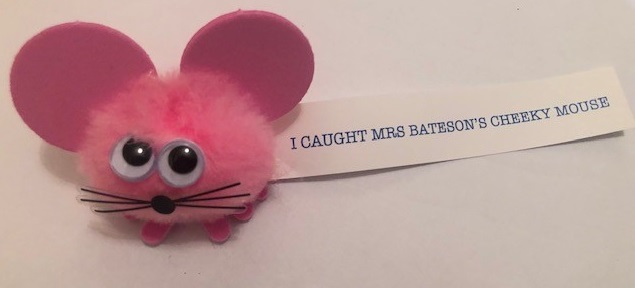Children’s Hearing Assessments
Even a minor hearing loss in children, if not detected early, can cause delays in their learning and development. This can impact their speech, social skills, confidence and educational attainment.
A child usually won’t know they are experience hearing loss so it important that parents and carers look out for the following signs:
- Often says ‘what/pardon’.
- Doesn’t always respond the first time they’re called.
- Appears to daydream or be inattentive.
- Prefers or requests that the TV or radio volume is turned up louder than you think is suitable.
- Talks loudly.
- Speaks unclearly or mispronounces some words.
- Unhappy or unsettled at school.
Children’s hearing tests are different to those you would normally have as an adult. Methods will vary slightly depending on the age of the child but techniques used include Play Audiometry and Visual Reinforcement Audiometry (VRA).
What happens at a child’s hearing assessment?
At you child’s hearing assessment the your ENT Consultant or Consultant Audiologist will go through your child’s relevant medical history and any concerns raised regarding their hearing. Your child will then have their ears examined to check for any physical signs or problems that could be affecting their hearing.
Your consultant will carry out a Tympanogram and Acoustic Reflex test to check the pressure in your child’s ears. A small button is inserted inside the ear and varying levels of pressure will be applied to check the pressure behind the eardrum and identify conditions such as glue ear. During this test your child will feel a sensation that is a little like being in an aeroplane.
Your child will then have headphones placed over their ears to perform an audiogram (hearing test). Your child will be inside a sound proofed booth for this test and will be asked to give a sign or press a button when they hear the sounds.
 Your child’s age is always taken into consideration for these tests and slight adjustments are made during the appointment to ensure your child is happy and enjoys ‘playing the game’. Younger children may play a game of ‘catching the mouse’ that they can hear can hear through the headphones.
Your child’s age is always taken into consideration for these tests and slight adjustments are made during the appointment to ensure your child is happy and enjoys ‘playing the game’. Younger children may play a game of ‘catching the mouse’ that they can hear can hear through the headphones.
Your consultant will explain the results to you with a diagnosis, and will make recommendations such as relevant adjustments for improving communication at home and at school. With your permission reports and/or recommendations can also be sent to your child’s school and Special Needs Teachers if necessary to ensure their hearing problem is accommodated in the school environment.
All results and clinic letters will be sent to your GP and other relevant bodies and of course a copy will be sent to you. A referral will be made to an ear, nose and throat (ENT) specialist if surgery is recommended.
Why One Healthcare
- Modern purpose-built hospital opened in March 2016 (Ashford) December 2017 (Hatfield)
- Fast access to diagnostics including MRI, X-ray and Ultrasound
- 0% and low finance options**
- Private, spacious, en-suite rooms
- Specialist Physiotherapy and nursing teams
- Little or no waiting time
- ‘Ultra clean air’ theatres
- Freshly prepared food
- Calm, dignified experience
**Terms and conditions apply
Contact us and find out more
If you live in and around the Kent area and would like to visit our One Ashford Hospital please click here
If you are based in and around Hertfordshire and would like to visit the One Hatfield Hospital please click here.
Contact the Hospital About Children’s Hearing Assessments
Choose a Hospital

01233 423 000
One Ashford, Kennington Road, Willesborough, Ashford, Kent, TN24 0YS
One Ashford Hospital

 One Ashford
One Ashford One Hatfield
One Hatfield